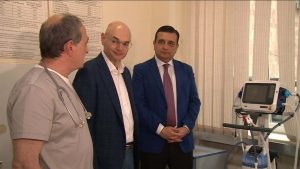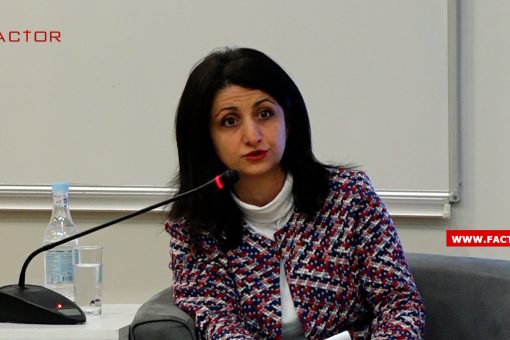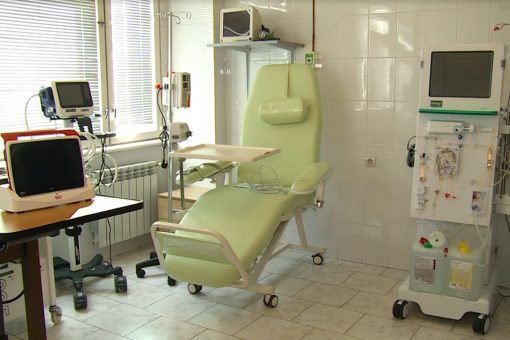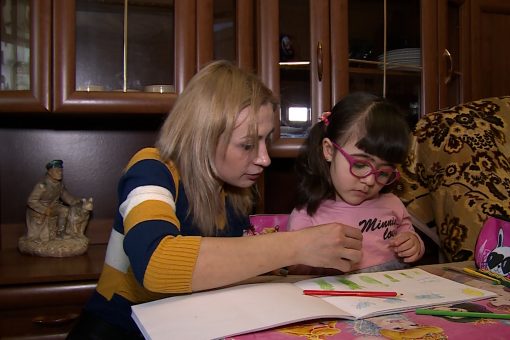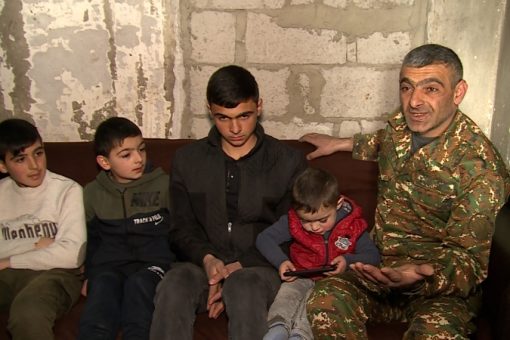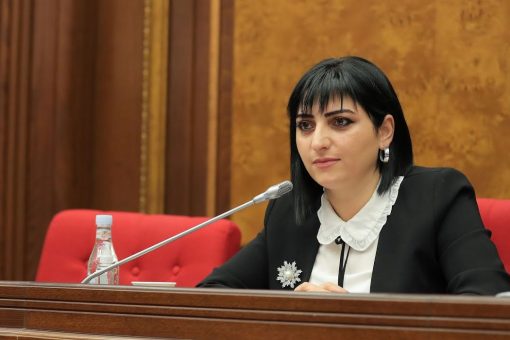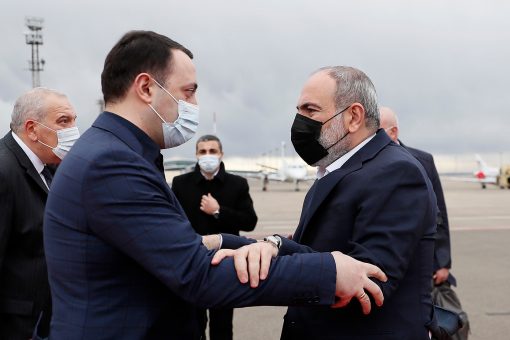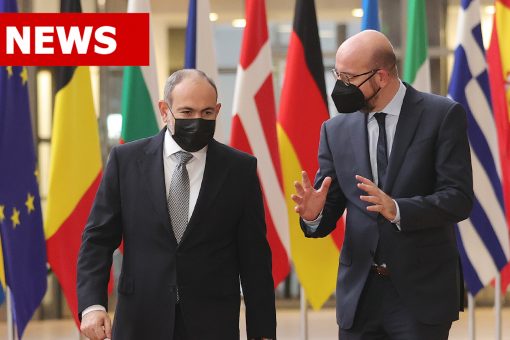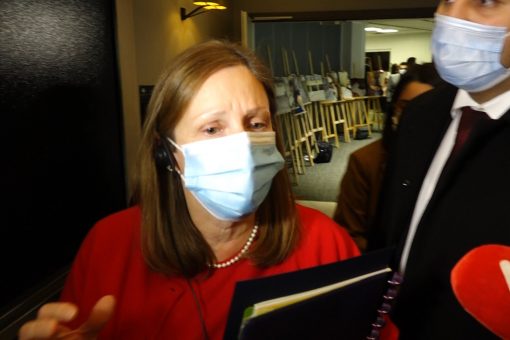Following the deep recession in 2020, Armenia’s economy has begun to recover – IMF
ECONOMY
23.12.2021 | 17:16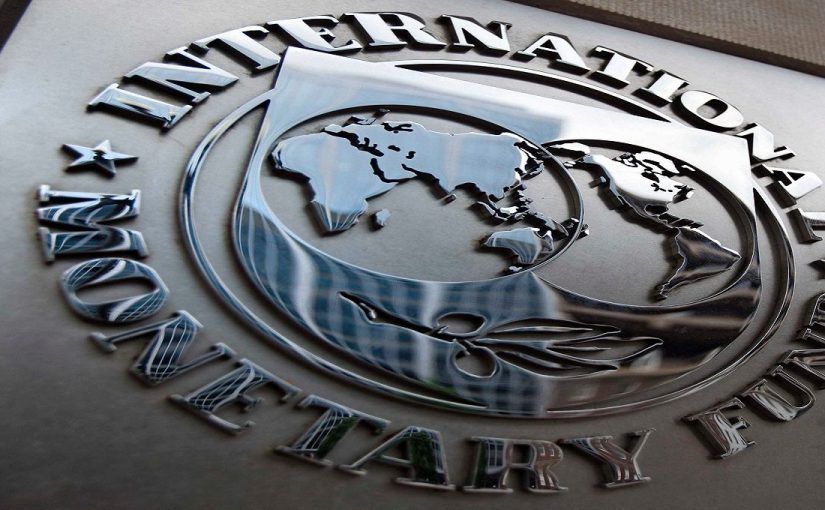
The Executive Board of the International Monetary Fund (IMF) concluded the 2021 Article IV consultation and completed the fourth and fifth reviews of Armenia’s performance under its economic program supported by the SBA. The completion of these reviews will allow the authorities to draw SDR 51.43 million (about US$ 72 million), bringing total disbursements to SDR 283.09 million (about US$ 396 million). Armenia’s three-year SBA of SDR 308.8 million (about US$ 432 million), equivalent to 239.75 percent of Armenia’s quota in the IMF, was approved by the IMF’s Board on May 17, 2019 and augmented on May 18, 2020.
The Armenian economy has been hit hard by the COVID-19 crisis, with real GDP contracting by 7.4 percent in 2020, and the authorities appropriately responded with economic support measures. An economic rebound is now underway, with projected growth of around 5½ percent in 2021. Monetary policy has been tightened against rising inflation, which is expected to moderate somewhat from recent highs by end-2021. The government’s 2021-26 economic program seeks to advance an export-oriented and investment-driven growth model through a broad-based reform effort. The Fund’s financial support will help Armenia meet its challenges—including the social and economic implications of COVID-19 pandemic—while moving ahead with its reform agenda. Going forward, the economic outlook is generally positive with medium-term growth projected around 4½ – 5 percent, contingent upon the COVID-19 developments, external demand, and progress on structural reforms implementation.
The Executive Board granted a waiver of nonobservance for the end-June 2021 quantitative performance criterion on net international reserves based on corrective actions taken by the authorities.
Following the Executive Board’s discussion today, Mr. Bo Li, Deputy Managing Director and Acting Chair, made the following statement:
“Following the deep recession in 2020, Armenia’s economy has begun to recover despite ongoing challenges. Uncertainty, however, remains high, including over global economic and financial conditions and the trajectory of COVID-19, and it remains important to strike an appropriate balance between the withdrawal of targeted policy support and the rebuilding of medium-term buffers until the recovery is firmly entrenched. Armenia’s performance under its program supported by an IMF Stand-By Arrangement continues to be broadly satisfactory.
“The government’s 2021-2026 reform program provides an essential framework to future prosperity and inclusion. Efforts to improve the business environment, increase financial access for SMEs, create space for priority social spending, and policies to mitigate and adapt to climate change can support higher sustained and inclusive growth. In this regard, an action plan should be developed to support robust and timely reform implementation with its costing well integrated into the medium-term expenditure framework.
“The authorities’ commitment to medium-term debt sustainability and efforts to rebuild medium-term fiscal buffers against future shocks are anchored on a credible medium-term fiscal framework and underpinned by growth-friendly fiscal consolidation. Prioritizing quality public investment, while improving its execution, is also critical for future sustainable growth.
“The monetary response to rising inflation has been appropriate and, together with improved policy communications, has helped anchor inflation expectations. The Central Bank of Armenia (CBA) should continue carefully monitoring fundamentals and market developments, standing ready to adjust its stance, as necessary, to ensure inflation returns to its target. Exchange rate flexibility remains an important policy buffer allowing Armenia to absorb external shocks.
“Financial sector reforms should ensure the sector can support the recovery and longer-term growth. The macroprudential measures implemented to strengthen the supervisory toolkit, and enhancements to the CBA’s risk-based supervision framework will further strengthen the resilience of the financial sector and allow it to play this role. The enhanced action plan for capital market development should facilitate an expanded role for the market in financing future domestic investment.”
















